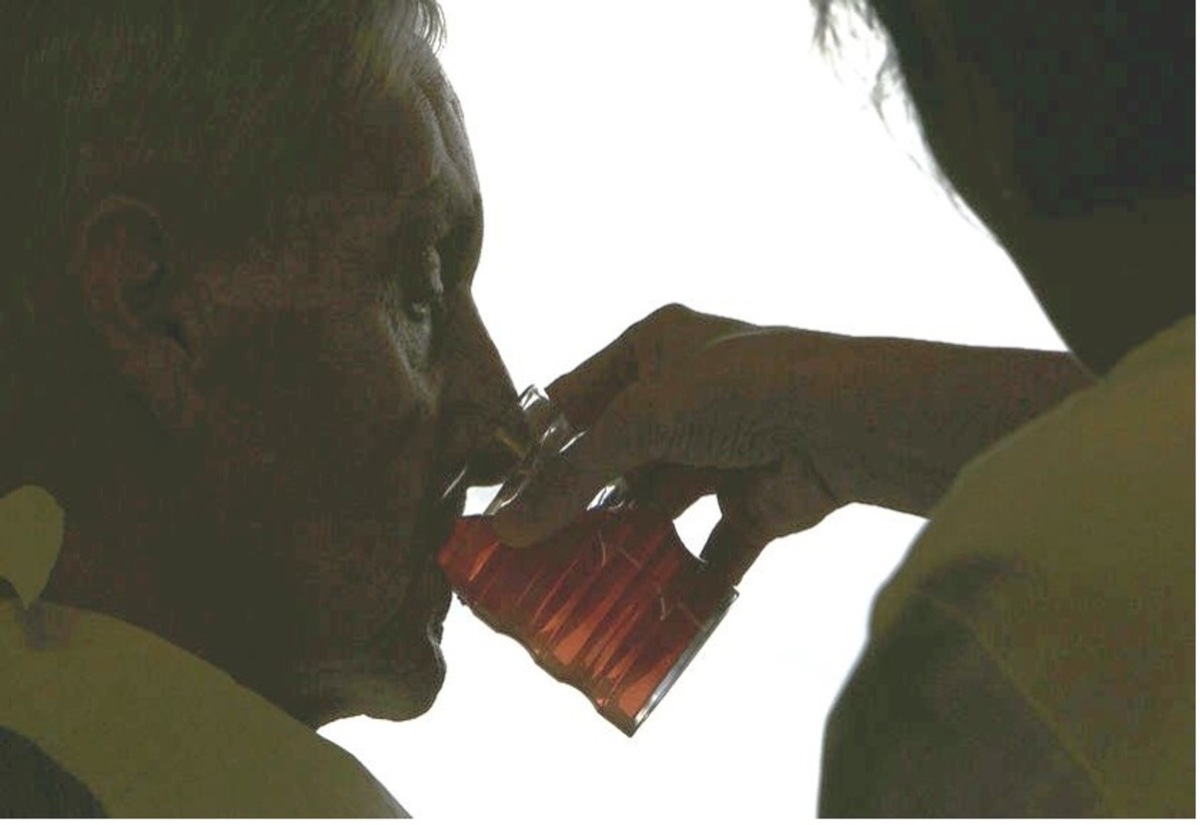Who cares for the carers?
Laura Williams
15 October 2021, 8:17 PM
 National Carers Week ran from October 10-16, celebrating and raising awareness for the job that goes largely unrecognised
National Carers Week ran from October 10-16, celebrating and raising awareness for the job that goes largely unrecognisedAs National Carers Week draws to a close after a suite of online events and awareness raising statistics, a more pressing question remains: What do our carers really need, and more practically, how can we help?
In Australia, 2.65 million citizens meet the carer criteria, providing unpaid help to someone who needs support due to disability, mental illness, dementia, frail age, or chronic illness.
Tasked with an immense responsibility, it is critical that carers are cared for themselves. Yet according to the National Career Wellbeing Survey, over 50 per cent of carers fear that their capacity to care is dropping and will be unable to continue their work.
Across the Western Plains and rural Australia, distance provides yet another roadblock to support, where most services are provided online and via video conference.
Director of Coonamble Neighbourhood Centre Cathy Wheelhouse says that technology isn’t always the best answer to overcome access.
“That’s the problem with Zoom meetings, a lot of local people can’t use that type of equipment. A lot of resources are online, but they don’t have the access or ability,” said Mrs Wheelhouse.
With over 50 per cent of carers surveyed reporting that their financial wellbeing was poor or ‘just getting along financially’, this gap in access to resources is unfortunately unsurprising.
It’s why carers in regional Australia are more likely to cancel non-essential expenses after falling behind on household bills.
Mrs Wheelhouse says that the digital divide has cost carers money.
“So many vouchers and rebates that are available are too hard. It could be $600 worth of money that they are eligible for but many people don’t know how to apply,” Mrs Wheelhouse said.
In the past, the Coonamble community has attempted to form their own support group for local carers, but the lack of respite available to the carers has rendered the idea unviable.
“Carers don’t have anywhere that the person that they care for to go to,” said Mrs Wheelhouse.
The issue is amplified in outback Australia, where 40 per cent of people living in remote and very remote regions said they had no access to help.
Realistically, they’re not issues that will be solved overnight. Still, there are ways to express support carers in the community, most of which involve simply reaching out.
According to Dementia Australia CEO Maree McCabe, a little support makes a big difference to those who feel isolated.
“Carers often report feeling they no longer have the support of family or friends, when people close to them withdraw perhaps not knowing how to help or not wanting to intrude,” Ms McCabe said.
So call a carer you know, ask how they're going and do what you can to lighten their load or brighten their day.
Caring for the carers
Tips to support carers in our community:
· Keeping in touch
· Encouraging them to take a break
· Helping to share some of the responsibilities
· Inviting them out to an outing or event together (in line with government restrictions)
· Encouraging them to seek support if they need it
· Helping them to look after their physical health
· Supporting them to maintain their own mental health
Things to think about
• There are approximately 854,300 carers across NSW i
• It is estimated that carers in NSW provided 692 million hours of unpaid care in 2020. ii
• The replacement value of that care (the cost were it provided by paid care workers) is estimated at $25 billion for NSW iii
• The demand for unpaid carers is at an all-time high and set to increase in the future iv
i Australian Bureau of Statistics (2018) Survey of Disability, Ageing and Carers
ii Carers NSW estimate based on Deloitte Access Economics (2020) The Economic Value of Informal Care in 2020
iii Carers NSW estimate based on Deloitte Access Economics (2020) The Economic Value of Informal Care in 2020
iv Carers NSW estimate based on Deloitte Access Economics (2020) The Economic Value of Informal Care in 2020